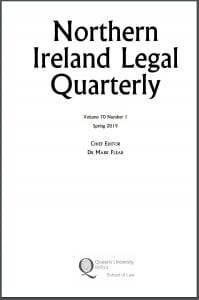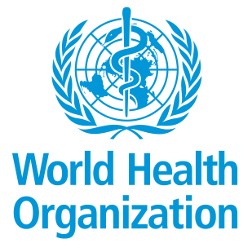By Prof John Coggon and Prof Judy Laing (Bristol University Law School)
 In October 2017, we were proud and honoured to mark the launch of the Centre for Health, Law, and Society (CHLS) in the University of Bristol Law School. The Centre is founded on ambitious aims to push the boundaries of scholarship in health law: expand its methods and approaches; broaden its practical reach and points of focus; enhance its place in shaping education; and increase its engagement with, relevance to, and impacts on people, organisations, regulators, and policy-makers across society.
In October 2017, we were proud and honoured to mark the launch of the Centre for Health, Law, and Society (CHLS) in the University of Bristol Law School. The Centre is founded on ambitious aims to push the boundaries of scholarship in health law: expand its methods and approaches; broaden its practical reach and points of focus; enhance its place in shaping education; and increase its engagement with, relevance to, and impacts on people, organisations, regulators, and policy-makers across society.
Our launch event allowed a showcase of the breadth of scholarly interest and inquiry within CHLS, as well as an opportunity to hear presentations from leading figures in health, law, and associated disciplines. We start from a basic premise that the value and significance of health requires understandings from ranging disciplinary perspectives, looking across social sectors and actors. We are interested in the roles served by law to protect and promote rights, achieve greater social justice, and to ensure that health and other fundamental values are secured fairly for all.
Since the time of our launch, CHLS has gone from strength to strength. Our community of students, academics and collaborators continues to grow. And we are delighted in March 2019 to publish a Special Issue of the Northern Ireland Legal Quarterly (NILQ), which shows well the depth, range and reach of our ambitions. The Special Issue comprises contributions from 11 of CHLS’ members, as well as from colleagues from other universities. They represent legal scholarship that engages with ethical considerations and social justice, history, human rights, philosophy, politics and social sciences. They approach questions spanning from very individualised rights, to population- and systems-level analyses. (more…)

